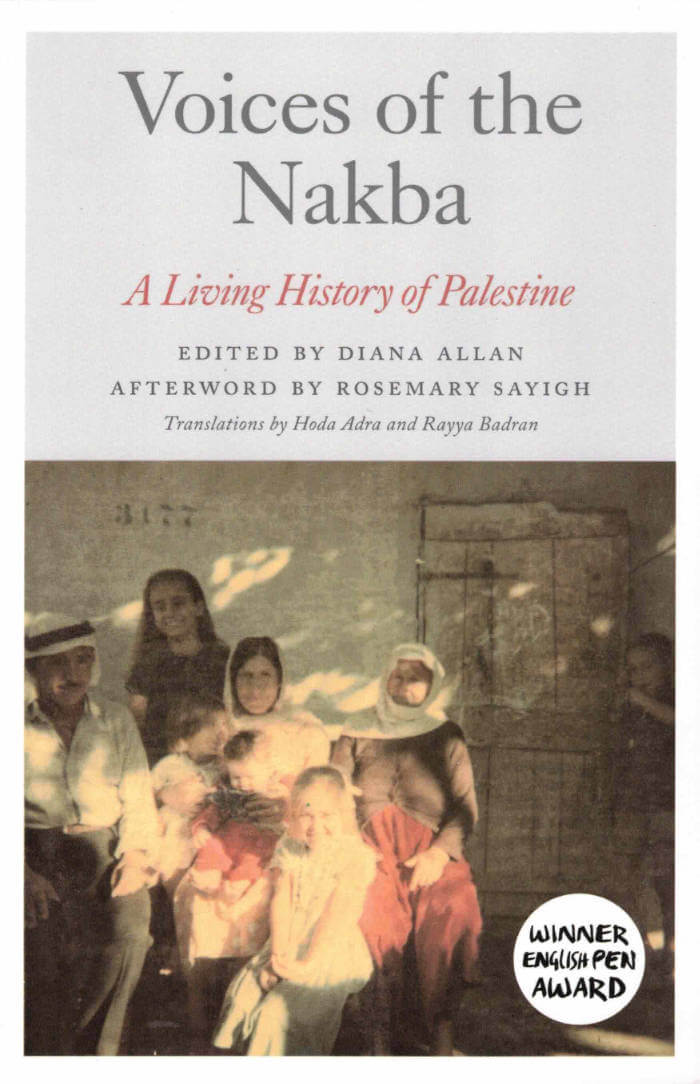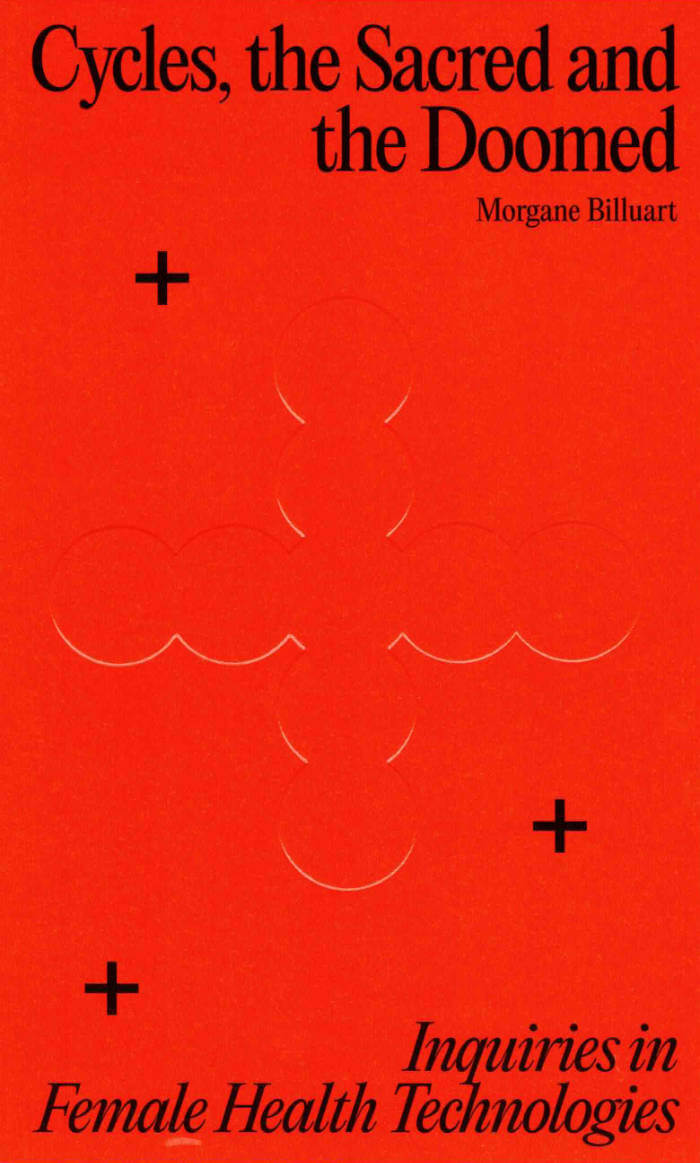
Voices of the Nakba: A Living History of Palestine
Diana Allan ed.
First-generation Palestinian refugees recall life before and after the Nakba.
During the 1948 war more than 750,000 Palestinian Arabs fled or were violently expelled from their homes by Zionist militias. The legacy of the Nakba - which translates to 'disaster' or 'catastrophe' - lays bare the violence of the ongoing Palestinian plight.
Voices of the Nakba collects the stories of first-generation Palestinian refugees in Lebanon, documenting a watershed moment in the history of the modern Middle East through the voices of the people who lived through it.
The interviews, with commentary from leading scholars of Palestine and the Middle East, offer a vivid journey into the history, politics and culture of Palestine, defining Palestinian popular memory on its own terms in all its plurality and complexity.
Afterword by Rosemary Sayigh. Winner of an English PEN Award 2021.
Language: English







